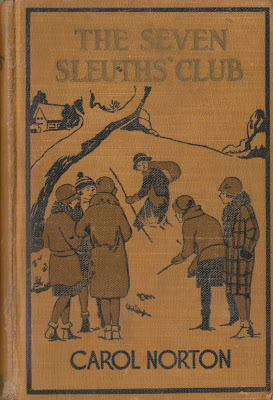Genre: adventure
Topics: revenge, swashbuckling
Review by heidenkind:
Solomon Kane, an English adventurer with a wicked blade, is wandering aimlessly around France when he randomly stumbles across a girl. She's been robbed and attacked and left to die. As her life fades away, Kane decides to seek vengeance! against leader of the brigands who killed her, Le Loup.
Red Shadows isn't a Conan story, which is slightly disappointing. But it is a swashbuckling tale with swordfights, gigantic Baroque hats, and over-the-top dialog. ("Fires of Hades! A girl!") So it's still really fun.
The writing style is more abrupt than Robert E. Howard's Conan novels: each chapter feels like a vignette and then we're abruptly moved to a completely different place and time. I kind of think Solomon also has less personality than Conan; or at least, his motivations are less clear. Conan's motivation is self-interest, which isn't particularly complex, but Kane is a like a vengeance machine. Like that's all he does, for no benefit to himself that I could see. In fact, it seems to bum him out. Maybe some of his backstory is revealed in the later stories, but for Red Shadows there wasn't a lot of character development going on. Maybe if the only female character hadn't died in chapter one I'd be happier with this novella.
Still, overall it was a good story. Kane travels to Africa in his obsessive quest to take down Le Loup, which is totally random, and there are literally pages where all Howard talks about are his characters' eyes as they have the longest stare-down in history. I love it. And I definitely wouldn't object to reading more Solomon Kane stories, because who doesn't love a highly skilled swordsman whose mission is vengeance, right?
Download Red Shadows by Robert E. Howard at Project Gutenberg Australia|Librivox


